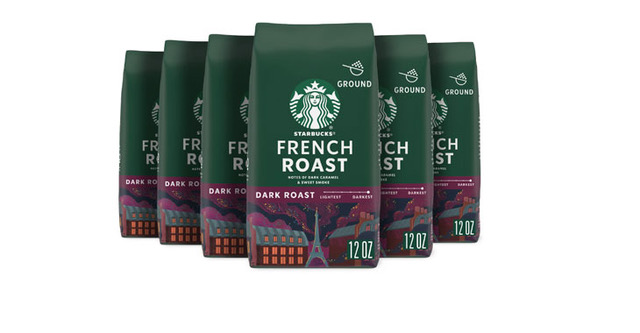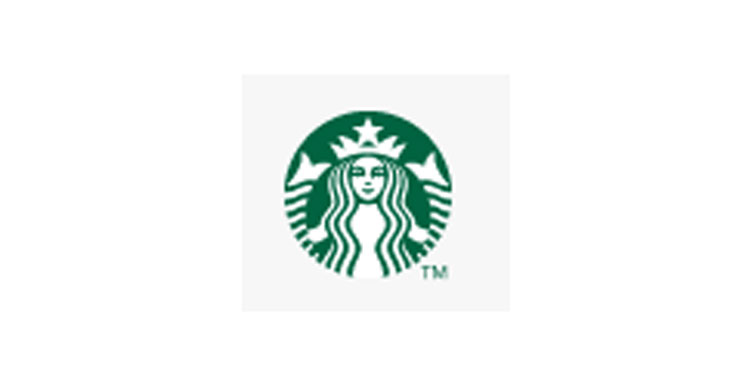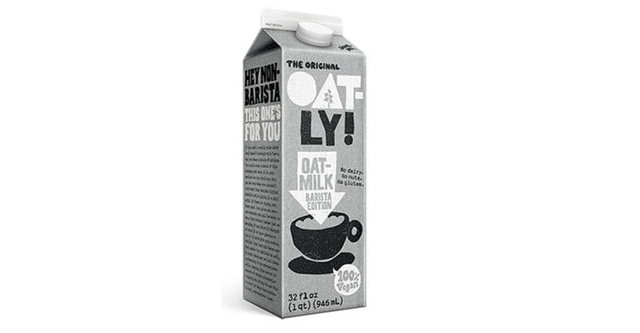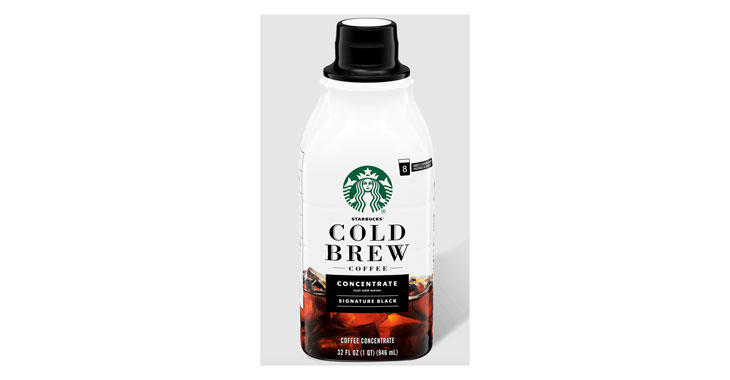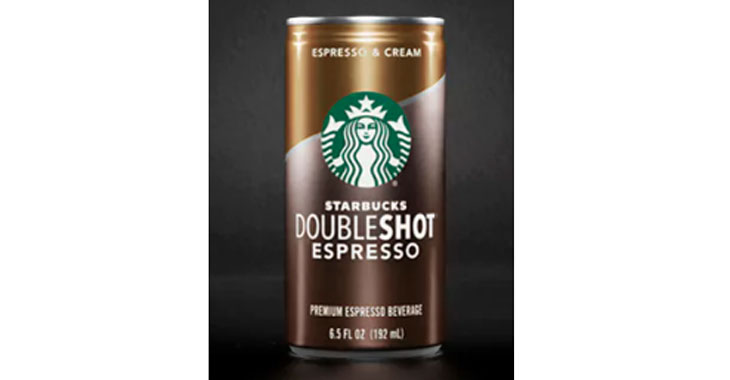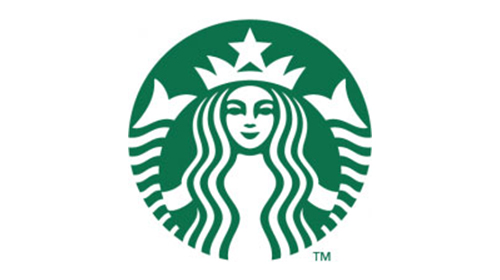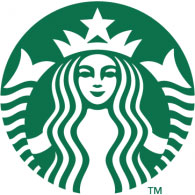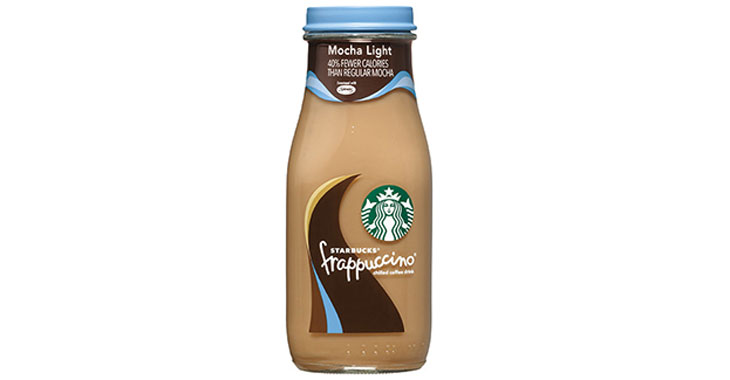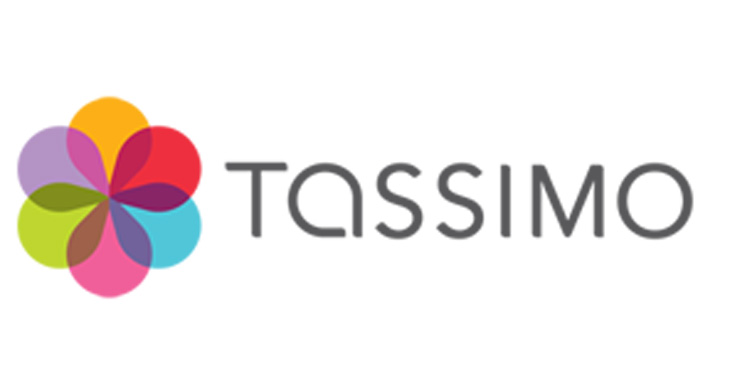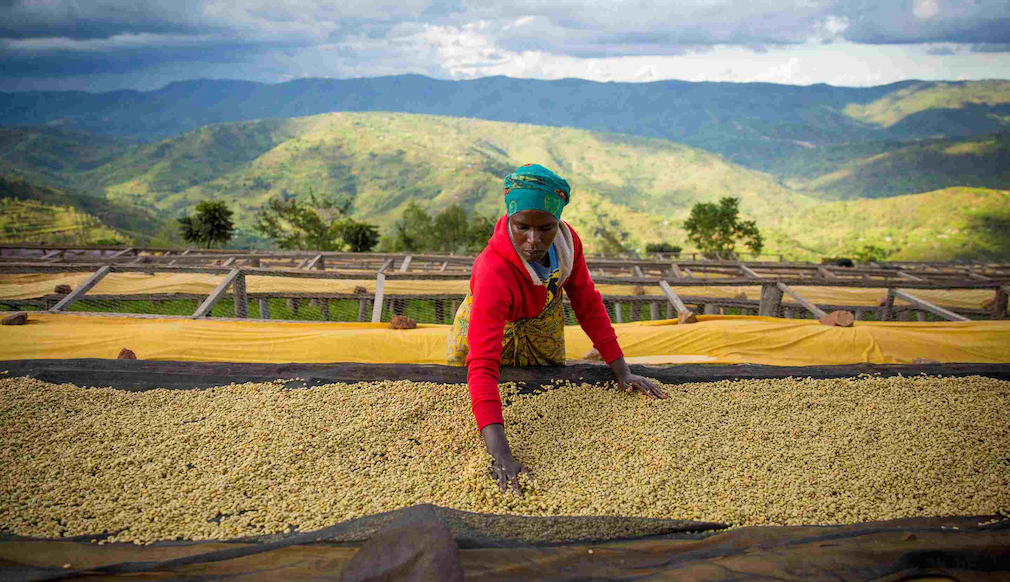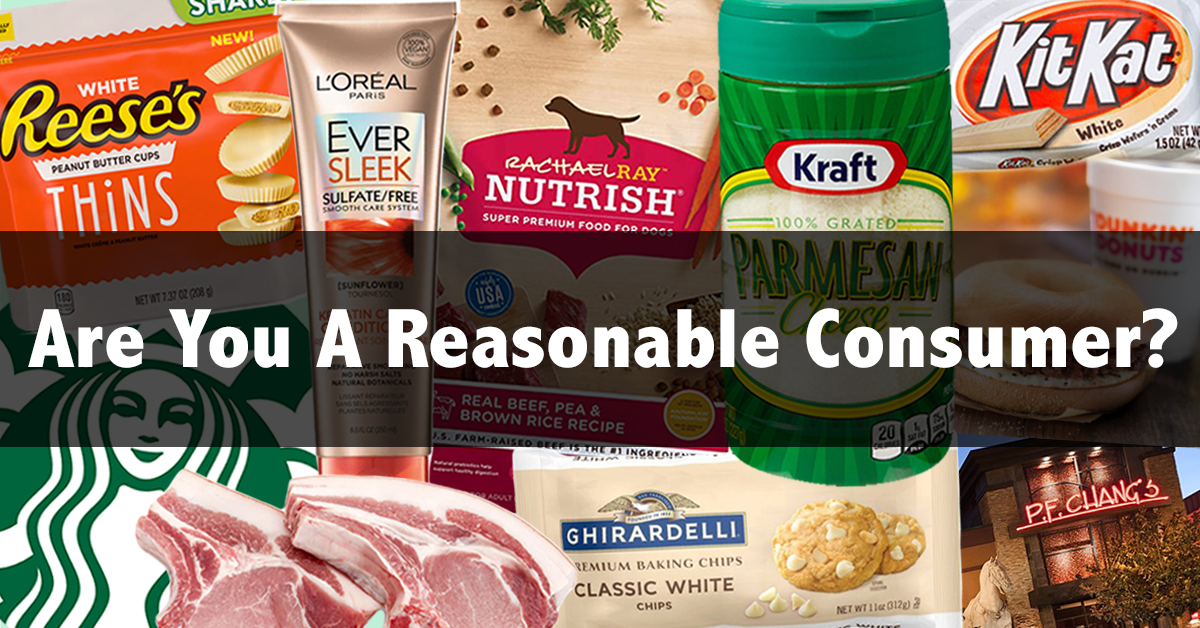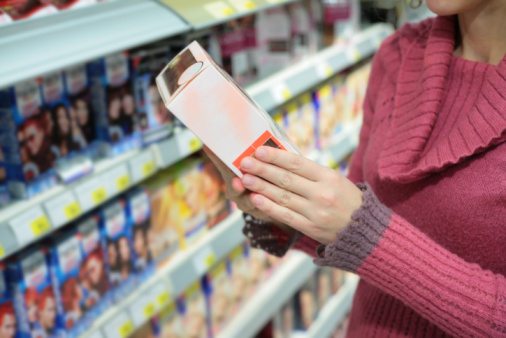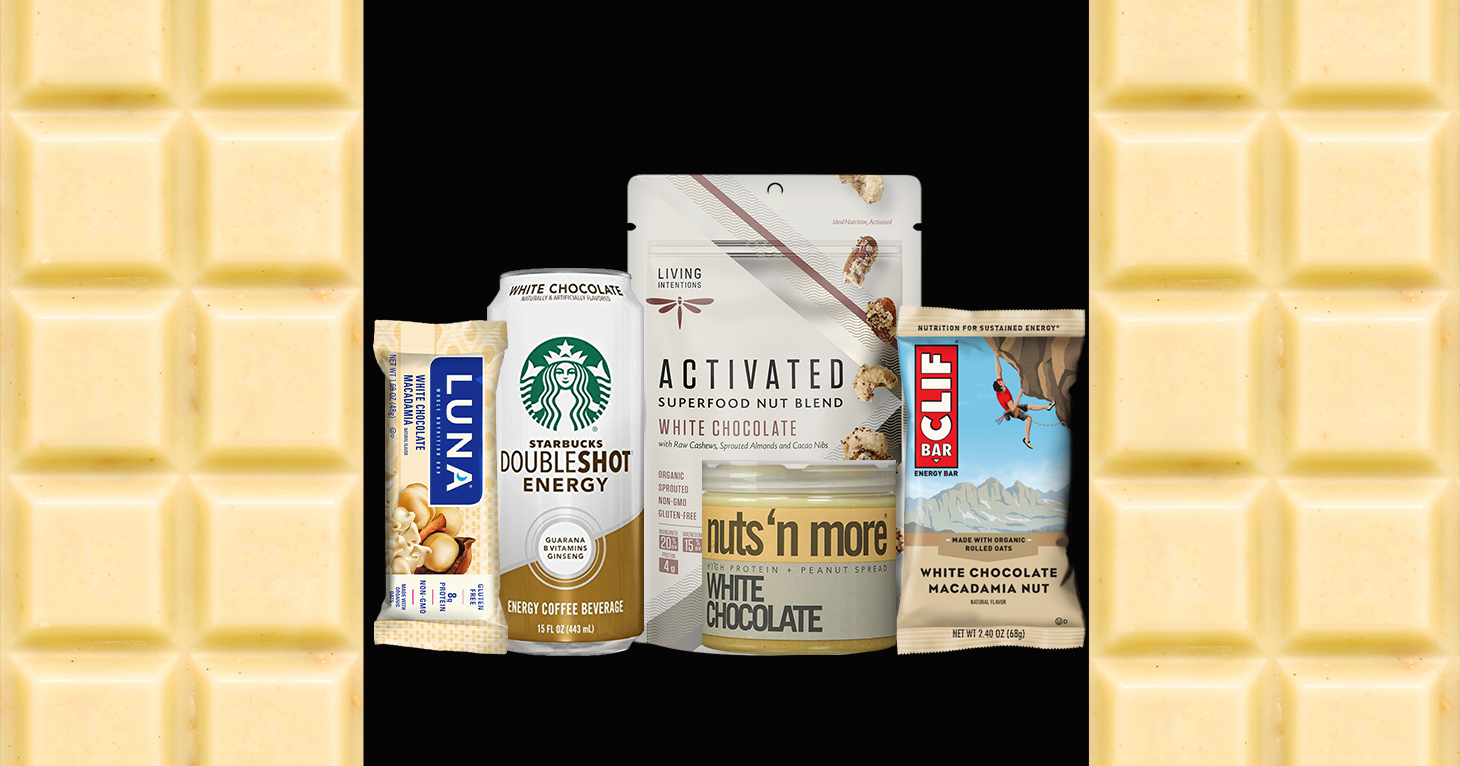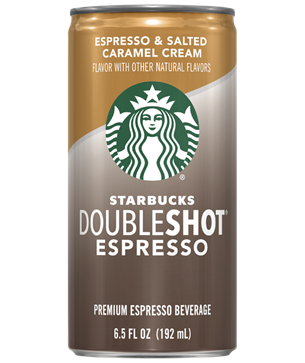
Starbucks Refreshers
Allegations: Beverages do not contain the fruits advertised in the product name
January 2018: A federal judge granted summary judgment in this case concluding that plaintiffs failed to show that lattes contain less than the amount promised on menus.
September 2016: Plaintiffs filed an amended complaint adding another named plaintiff. The amended complaint makes the same allegations.
March 2016: A class-action lawsuit was filed against Starbucks for allegedly misleadingly representing the number of fluid ounces in lattes. More specifically, the complaint claims that the menu:
According to the complaint, the lattes are approximately 25% underfilled. (Strumlauf et al v. Starbucks Corp., Case No. 16-cv-1306, N.D. Cal.
For more information about other class-action lawsuits filed against Starbucks and TINA.org’s coverage of the company, click here.
Allegations: Beverages do not contain the fruits advertised in the product name
Allegations: Misleadingly marketing products as “100% Arabica Coffee” when they contain added potassium
Allegations: Misleadingly representing that cocoa has been harvested following ethical and environmentally responsible standards
Allegations: Misleadingly marketing bagels as “Sprouted Grain” when they are made primarily with non-sprouted grains
Allegations: Misleadingly marketing products as healthy, safe, and high quality without disclosing that they may contain harmful bacteria
Allegations: Coffee products contain fewer servings than advertised
Allegations: Falsely advertising that the flavor comes from vanilla when the ingredients list shows that the flavor comes from unspecified “Natural Flavor”
Lawsuit tells a different story about the treatment of workers on Starbucks’ source farms.
See how you stack up.
Courts weigh in on legal term.
Stocking stuffer alert: These “white chocolate” treats are allegedly missing key ingredients.
Class-action complaint alleges “Doubleshot” drinks have less than two shots of espresso.
